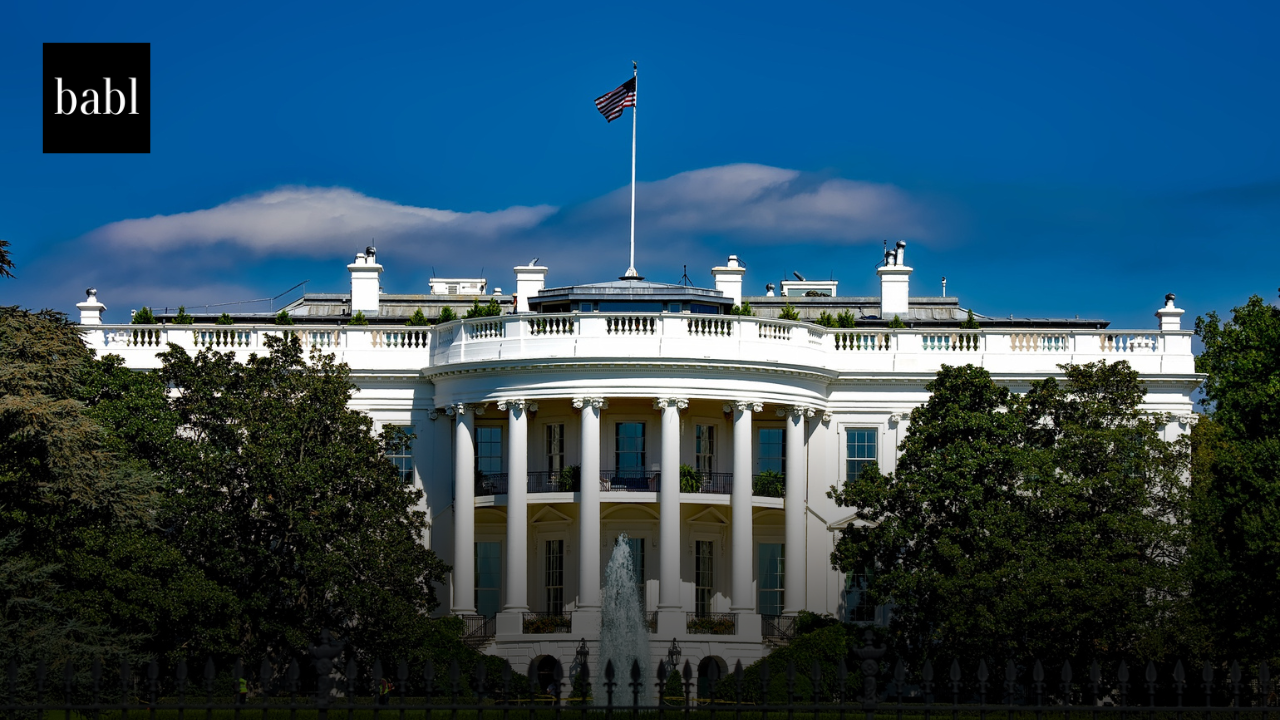Non-Profit Group Calls for Inclusive, Ethical Global AI Research Agenda
Comments from the Center for AI and Digital Policy (CAIDP) have been sent to the U.S. Agency for International Development (USAID) regarding the Global AI Research Agenda under U.S. President Joe Biden’s Executive Order on AI. CAIDP applauds USAID’s commitment to inclusive and equitable AI development, and recommends prioritizing existing multilateral frameworks like the UNESCO Recommendation on the Ethics of AI and the Universal Guidelines for AI in determining the research agenda parameters.
Emphasizing Inclusion and Equity
To build a truly global agenda, CAIDP recommends centering underrepresented groups—especially women, minorities, and researchers from the Global South. The organization suggests:
-
Creating dedicated funding streams
-
Supporting global education initiatives
-
Promoting cross-cultural research
-
Developing public engagement platforms
These measures would give more people a voice in shaping how AI impacts society.
Tackling Human Consequences of AI
CAIDP also calls for direct action on issues such as algorithmic bias, discrimination, and labor displacement. It recommends collaborations with programs like UNESCO’s Women4Ethical AI, which focuses on equity and human-centered technology.
Notably, CAIDP warns that most AI training data reflects Global North perspectives. This trend risks marginalizing communities in the Global South, who may be left out of AI systems designed without their cultural or linguistic contexts.
Bridging the Global AI Divide
To reduce the gap between developed and developing nations, CAIDP proposes international partnerships, stronger technical infrastructure, and regional capacity-building. It also suggests:
-
Offering grants to early-career AI scholars from developing countries
-
Supporting collaborative research methods driven by local consensus
-
Prohibiting automated decision-making tools in humanitarian aid settings
These proposals aim to ensure that global AI development does not replicate old inequalities in a new digital form.
Need Help?
Keeping track of the everchanging AI landscape can be tough, especially if you have questions and concerns about how it will impact you. Don’t hesitate to reach out to BABL AI. Their Audit Experts are ready to provide valuable assistance.





